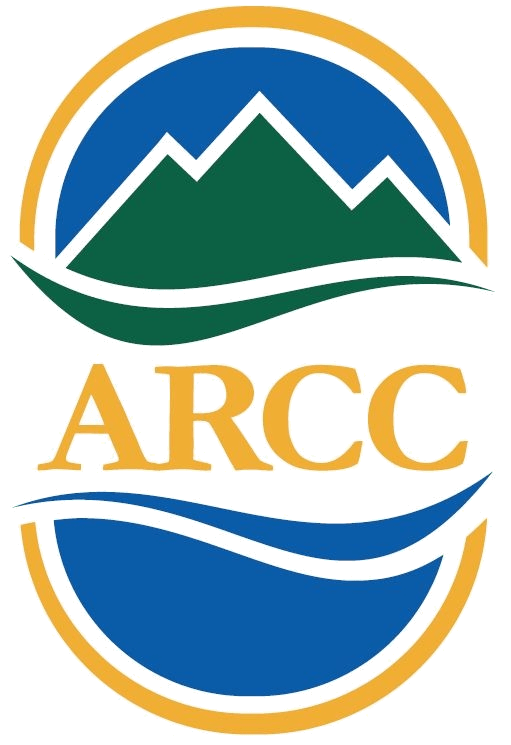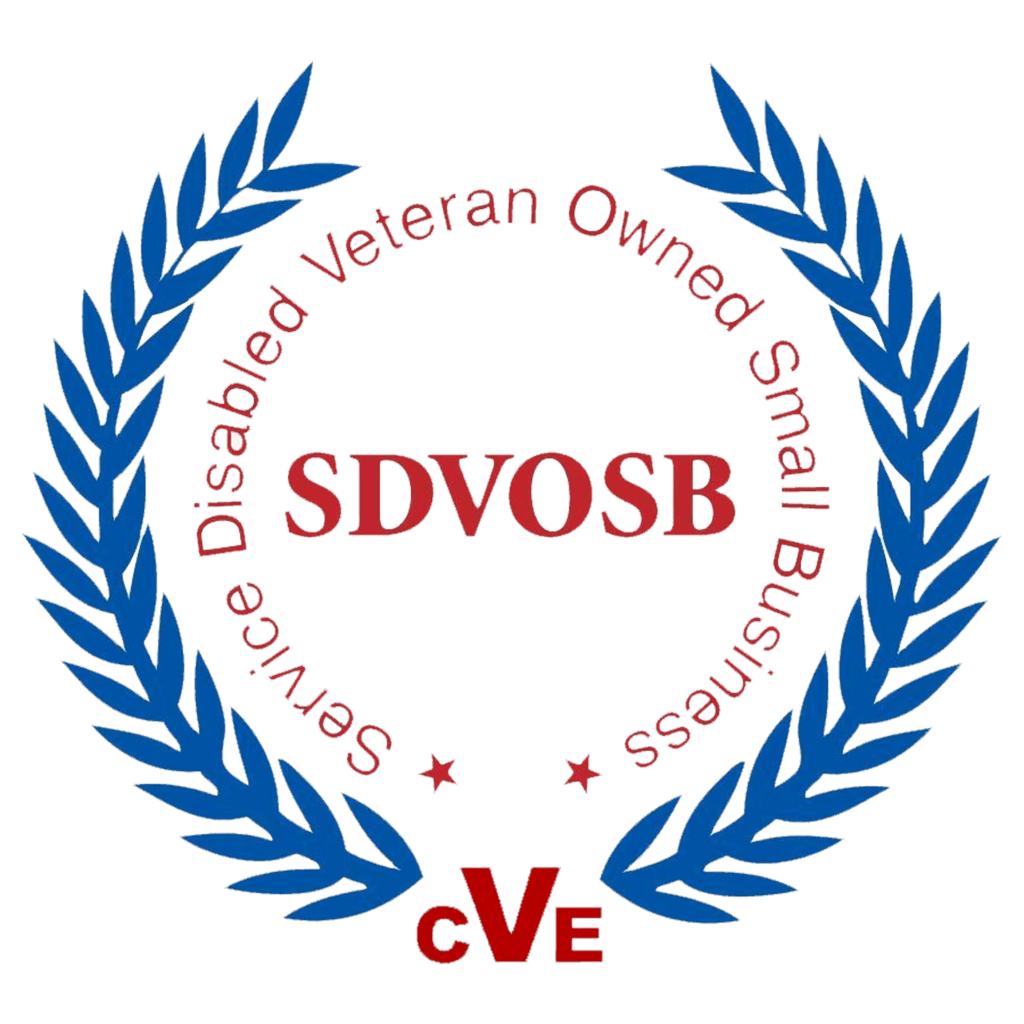FAQs
General FAQs
What services does Renua Energy offer?
Renua Energy provides a variety of energy solutions, including solar energy systems, load management, battery storage, EV charging, backup generators, heat pumps, efficient lighting retrofits, and general electrical services.
Where is Renua Energy located?
Renua Energy's shop is located at 902 NY-146 Clifton Park, NY 12065. It is not always staffed so call ahead before visiting.
What is Renua Energy's service area?
We serve a broad region, including Upstate NY, Western CT and Western MA, Vermont, New Hampshire, Northern NJ and Northeastern PA.
For specific inquiries regarding our reach, please contact us directly.
How can I contact Renua Energy?
You can reach us by telephone at 888-837-3682 or via email at info@RenuaEnergy.com.
How can I request a consultation?
To request a consultation, please fill out the contact form on our website or call us directly at 888-837-3682].
Is Renua Energy licensed and insured?
Yes, Renua Energy is fully licensed and insured. We prioritize safety and compliance in all of our services.
Are your solutions suitable for both residential and commercial properties?
Yes, we cater to residential, commercial, industrial, and municipal clients, offering tailored solutions for each sector.
What should I expect during the site assessment?
A site assessment involves evaluating your property's solar potential, energy consumption, and any specific conditions that may impact the installation.
How can I stay updated with Renua Energy’s news and offerings?
You can subscribe to our news feed on our website or follow us on our social media channels to stay informed about our latest news, offerings, and energy tips.
Residential Service FAQs
What solar options do you offer?
We provide a variety of solar panel systems tailored to meet your energy needs, including grid-tied, off-grid, and hybrid systems. Our team will assess your property, energy consumption, and budget to recommend the perfect solution.
How can load management help my household?
Load management optimizes your energy consumption by controlling when and how energy is used in your home. This can reduce energy costs, minimize peak demand charges, and enhance the efficiency of your overall energy consumption.
What benefits do backup batteries provide?
Backup batteries store surplus energy generated by your solar panels for use during outages or peak demand periods. This ensures you have a reliable power source, increases energy independence, and can save you money on utility bills.
Do you install EV charging stations?
Yes! We offer installation services for EV charging stations to accommodate all types of electric vehicles. Our team can help you select the right charger based on your vehicle and home electrical system.
What types of backup generators do you provide?
We supply and install various backup generators, including portable and whole-house systems. Our experts will help you choose the right generator based on your energy needs and provide seamless installation to ensure uninterrupted power during outages.
How does a heat pump work?
A heat pump is an energy-efficient system that transfers heat from one place to another. It can both heat and cool your home by extracting heat from the air or ground. Heat pumps are a sustainable alternative to traditional heating and cooling systems.
What is a hybrid water heater?
A hybrid water heater combines electric heat pumps and traditional electric resistance heating. This energy-efficient option heats water more efficiently than standard electric water heaters, helping to lower energy bills while providing a reliable hot water supply.
What general electrical services do you offer?
Our general electrical services include installations, repairs, and upgrades for various electrical systems, such as wiring, lighting, outlets, and circuit breakers. We ensure all work meets safety standards and local building codes.
How can I schedule a consultation?
To schedule a consultation, you can contact us through our website’s contact form, call our office directly, or email us. Our team will guide you through the process and set up a convenient time to discuss your needs.
Are your services licensed and insured?
Yes, Renua Energy is fully licensed and insured. Our team consists of qualified professionals with extensive training and experience in residential energy solutions, ensuring peace of mind for all our clients.
Commercial Service FAQs
What solar energy solutions do you offer for commercial properties?
We provide custom solar energy systems designed for commercial applications, including grid-tied, off-grid, and solar canopies. Our expert team assesses your business's energy needs to determine the best solution for reducing energy costs and improving sustainability.
How does load management benefit my business?
Load management helps optimize energy usage by strategically controlling when and how energy is consumed. This can lead to reduced energy costs, minimized demand charges, and improved overall efficiency, ultimately enhancing your business’s bottom line.
What is battery energy storage, and how can it help my business?
Battery energy storage systems store excess energy, particularly from renewable sources, for use during peak demand times or outages. This technology enhances energy reliability, reduces energy costs, and supports sustainability efforts by maximizing the use of on-site renewable energy.
How do heat pumps work in a commercial setting?
Heat pumps efficiently transfer heat to and from your commercial space, providing both heating and cooling. They utilize renewable energy sources and can significantly reduce operating costs compared to traditional HVAC systems, making them an eco-friendly choice.
What is involved in an efficient lighting retrofit?
An efficient lighting retrofit involves upgrading existing lighting fixtures and technology to more energy-efficient options, such as LED lighting. This process can lower energy consumption, reduce maintenance costs, and improve the overall quality of light in your facility.
What general electrical services do you offer for commercial clients?
Our general electrical services include design and installation of electrical systems, troubleshooting and repairs, upgrades of existing systems, and ongoing maintenance. We ensure compliance with all safety codes and regulations to provide safe and reliable solutions.
How do I request a consultation for commercial services?
To request a consultation, please fill out the contact form on our website, call our office directly, or send us an email. Our team will promptly get back to you to schedule a time that works for you.
Are your commercial services licensed and insured?
Yes, Renua Energy’s commercial services are fully licensed and insured. Our team comprises certified professionals with extensive experience in commercial energy solutions, ensuring that all projects are executed safely and efficiently.
Community Solar FAQs
What is community solar, and how does it work?
Community solar allows multiple participants to share the benefits of a single solar array. By subscribing to a community solar project, you can access renewable energy without needing to install solar panels on your property, making it a flexible option for homeowners and businesses alike.
What does site analysis involve?
Site analysis assesses potential locations for a community solar array to evaluate factors such as sunlight exposure, land conditions, and proximity to existing electrical infrastructure. This assessment helps ensure that the site maximizes energy production and efficiency.
What can I expect during the consultation process?
During the consultation, our team will discuss your energy goals, review site options, and outline the potential benefits of community solar for your specific needs. We'll answer any questions you have and guide you through the enrollment process.
What is involved in the permitting process?
The permitting process involves obtaining the necessary approvals from local, state, and federal authorities. Our team will handle all required paperwork and ensure compliance with zoning regulations and building codes to facilitate a smooth installation.
What is SWPPP inspection, and why is it important?
The Stormwater Pollution Prevention Plan (SWPPP) inspection is essential for preventing environmental contamination during construction. It outlines practices to manage stormwater runoff and is required by regulatory agencies. Our team conducts SWPPP inspections to ensure compliance and safeguard the environment.
What is wetlands delineation, and is it necessary?
Wetlands delineation involves identifying and mapping wetlands in the project area. This step is crucial for compliance with environmental regulations to protect sensitive ecosystems. Our experts will conduct thorough delineation to ensure all aspects of the project adhere to legal requirements.
What does electrical design entail for community solar projects?
Electrical design involves creating detailed plans for the electrical systems associated with the solar array, including wiring, inverters, and interconnections to the grid. Our engineering team ensures that the design is safe, efficient, and optimized for energy production.
How is array design conducted?
Array design refers to the arrangement and configuration of solar panels on the site. This process takes into consideration factors like shading, panel orientation, and spacing to maximize energy output. Our team uses advanced software tools to create an optimal layout for the array.
How can I get started with your community solar services?
To get started, simply contact us through our website or call our office. Our team will schedule a consultation to discuss your needs, answer your questions, and outline the next steps to enroll in a community solar program.
Are your community solar services compliant with local regulations?
Yes, Renua Energy is committed to adhering to all local, state, and federal regulations in our community solar projects. Our skilled team ensures compliance with environmental, safety, and electrical standards throughout the process.




